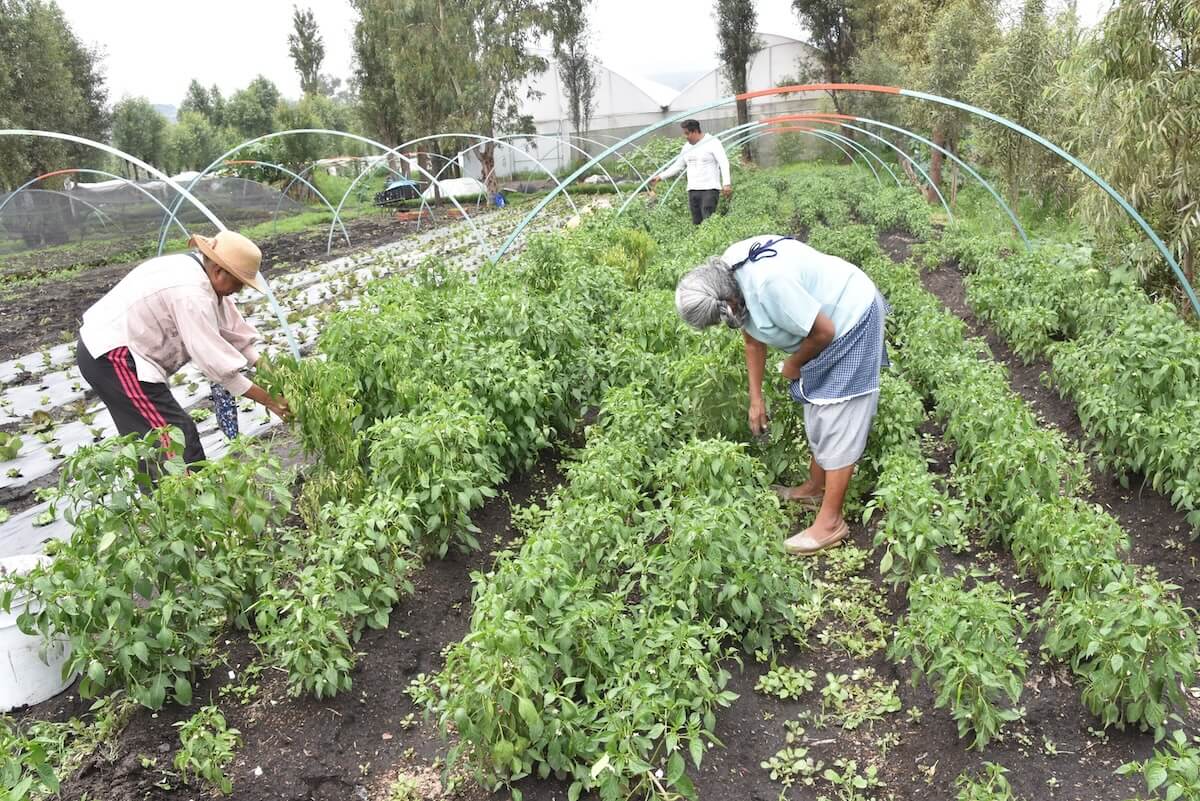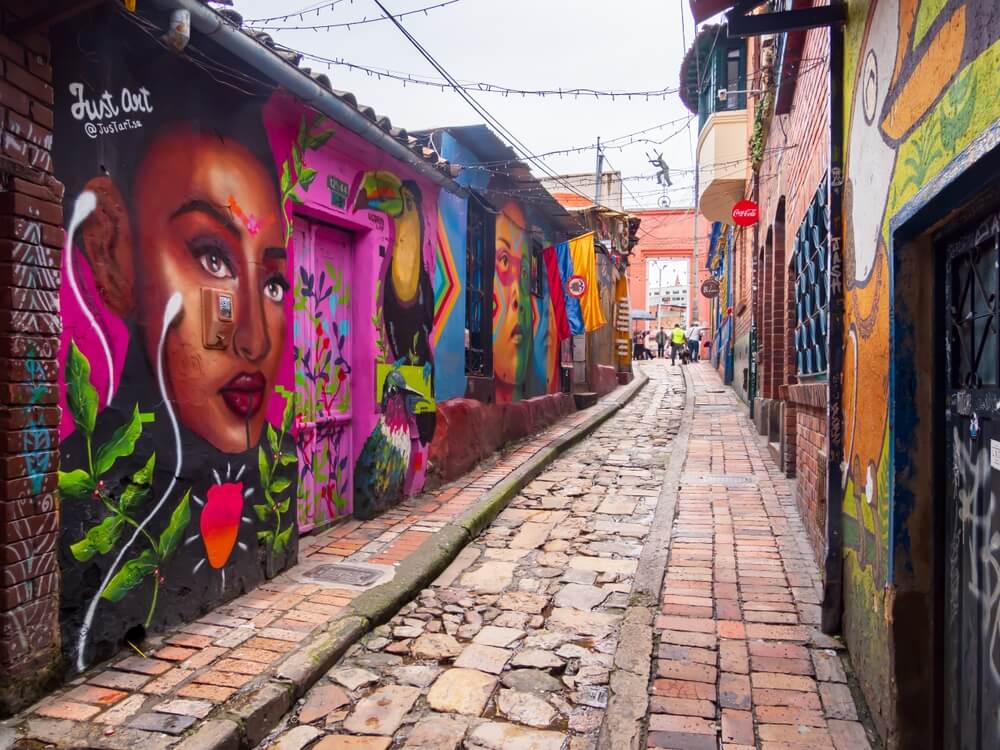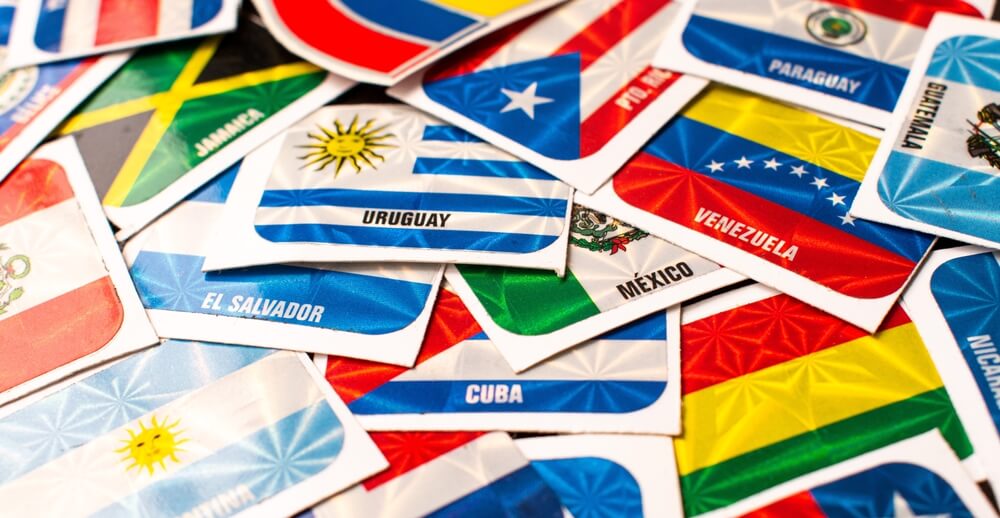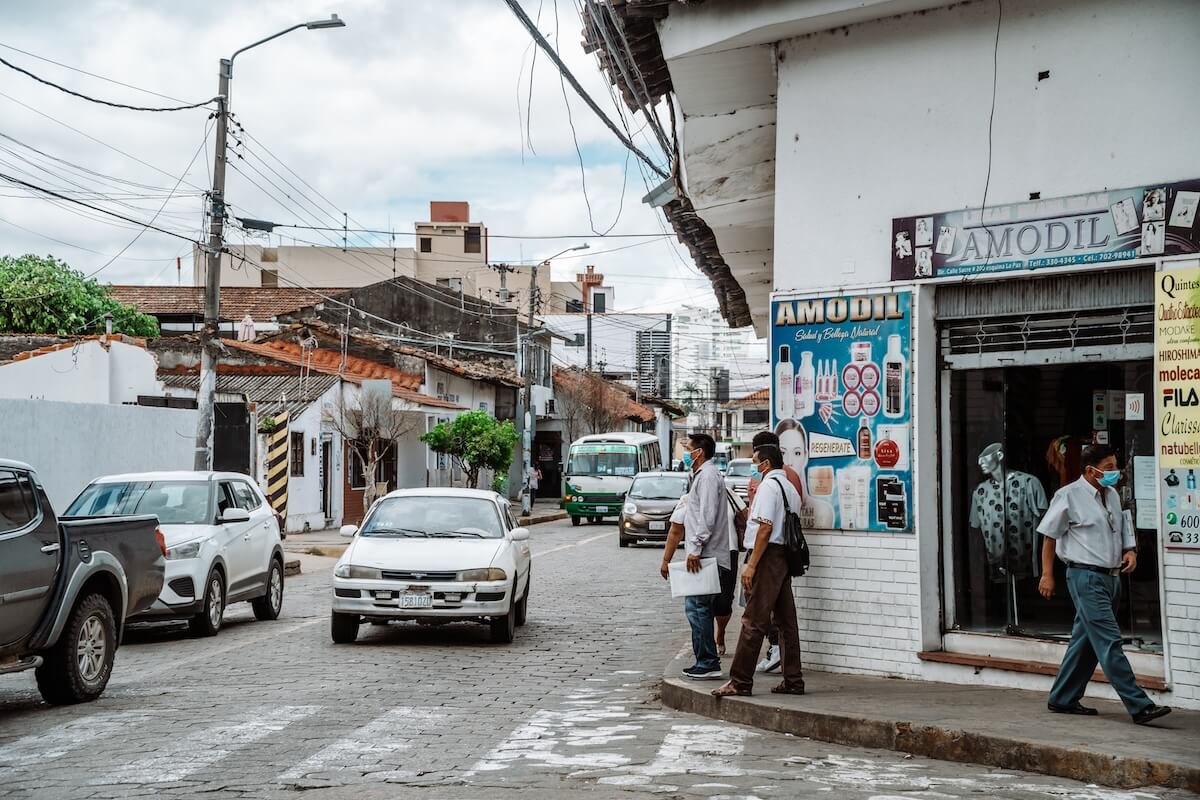Citi Social Finance, the social finance arm of the multinational investment bank, is leaning into Latin America.
Its latest deal is a social trade loan to Banco Cuscatlán in El Salvador to provide credit to help small and medium enterprises. Such facilities help local banks meet their short-term borrowing needs while expanding finance for hard-to-reach small businesses.
“Latin America is a really clear focus for us,” with lower risks than other regions, Citi’s Borja Garcia Fernandez told ImpactAlpha. “There are a lot of opportunities there in terms of diversification by sector, diversification by clients and perceived risk.”
The region accounted for half of the Citi unit’s global transactions last year. In 2022 and 2023, Citi’s 50 transactions in Latin America mobilized $3 billion in co-investments from impact investors such as ResponsAbility and Symbiotics, as well as the US International Development Finance Corp. and the International Finance Corp.
Open for business
Citi Social Finance is seeing growing demand from fixed-income impact investors.
Last month, the unit closed a $50 million sustainability-linked trade loan with Banco do Brasil to grow the bank’s sustainable agribusiness portfolio and its leadership ranks of women and ethnic minorities.
In July, Citi made a social commercial loan to Banco Industrial to support small and medium-sized businesses in Guatemala. Early this year, in the Dominican Republic, Citi structured two loans to support local trade and working capital activities at Banco Popular Dominicano and Banco Santa Cruz.
“We are open for business,” says Fernandez. Key to mobilizing more capital for the region, he says, is “explaining what is the opportunity, where is the risk and, more importantly, showing the impact.”
Balance sheet
Citi’s social finance arm, run by a 10-person team based in London, provides trade and working capital loans from the bank’s balance sheet to financial institutions and other borrowers in 45 emerging markets of Asia, Africa and Latin America.
Citi Social Finance’s recent efforts expand on its track record since 2005 (when it was called Citi Inclusive Finance) supporting microfinance institutions. The platform’s social goals include expanded access to basic services and infrastructure, such as education, healthcare, water, sanitation and affordable housing for low-income households.
In 2020, the bank issued a $1 billion social bond to expand its mandate with additional balance sheet capital.












